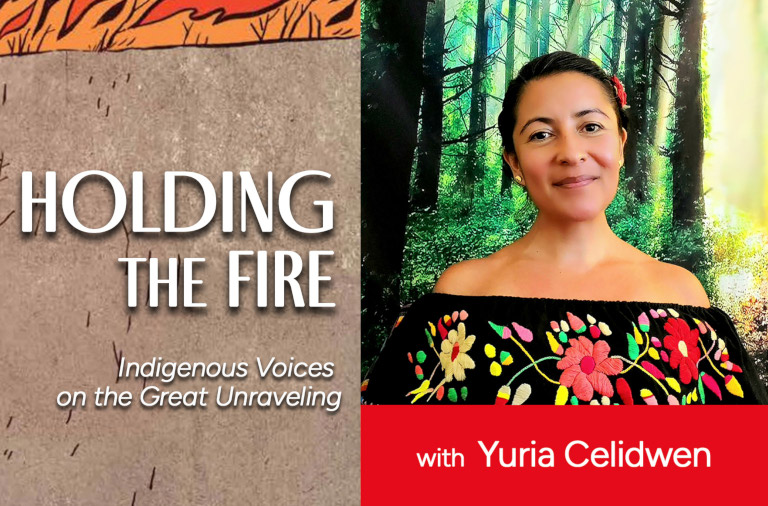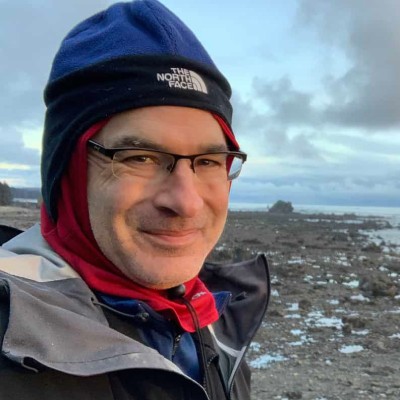Thus far in the podcast we’ve heard a lot of things that are tough to accept. The Earth is changing so rapidly that it has become difficult to keep apace, whether it be the climate crisis, political crisis, crisis of perception, the rise of artificial intelligence, and even a crisis of meaning.
We must find a way to be in this world, and not just as a means of survival. We need something far deeper than that. How do we find true belonging, and true community in the most literal sense of that word, with both humans and the more-than-human world?
For it is only when we are part of a vibrant and reciprocal community of like-hearted, and thus like-minded kin, are we able to be of the most service. Only then, are we able to have the capacity and commitment necessary to serve the planet, and each other, during The Great Unraveling.
This topic coincides with Dr. Yuria Celidwen’s lifelong focus. Yuria, a native of Nahua and Maya descent from Chiapas, Mexico, has been conducting research that combines the vibrant threads of Indigenous studies, cultural psychology, and contemplative science.
Yuria:
We need commitment, we need community. We need to create spaces of trust. But for that, there’s tremendous work that we need to be doing. But I don’t think that any of that work will be possible, should we not have that commitment–that commitment that no matter how challenging and tremendously difficult it will be to reckon with these narratives and to dismantle these narratives. Because seeing the horror in the eye of all these narratives that we live by comes with tremendous understanding. It will leave us very fragile, very vulnerable, and most, of course, are not willing to do them, because we don’t feel safe. But if we are able to stand the heat and create this basis, if we commit to do this kind of work for the benefit of the planet, then we may be able to learn that we can fly.
Yuria is a senior fellow at the Other and Belonging Institute at the University of California, Berkeley. Her transdisciplinary work focuses on the experience of self-transcendence and how it can enhance prosocial behavior, things like ethics, compassion, kindness, reverence, sense of awe, sacredness, and love across Indigenous contemplative traditions around the globe.
She developed a broader statement she calls “the ethics of belonging,” that encourages awareness, intention, relational well-being, and actions towards planetary flourishing.
Our conversation covered these topics, spirit medicine, why Yuria is not fond of the word “hope,” the power and necessity of dreaming, non-linear time, and other fascinating ideas.
Her perspective and wisdom felt like strong medicine, and after we talked, the world felt more colorful and alive to me.
I hope you’ll have a similar experience listening to her.
About Yuria
Dr Yuria Celidwen, a native of Nahua and Maya descent from Chiapas, Mexico, has been conducting research that combines Indigenous studies, cultural psychology, and contemplative science. She is a senior fellow at the Other and Belonging Institute at the University of California, Berkeley. Her transdisciplinary work focuses on the experience of self-transcendence and how it can enhance prosocial behavior.






